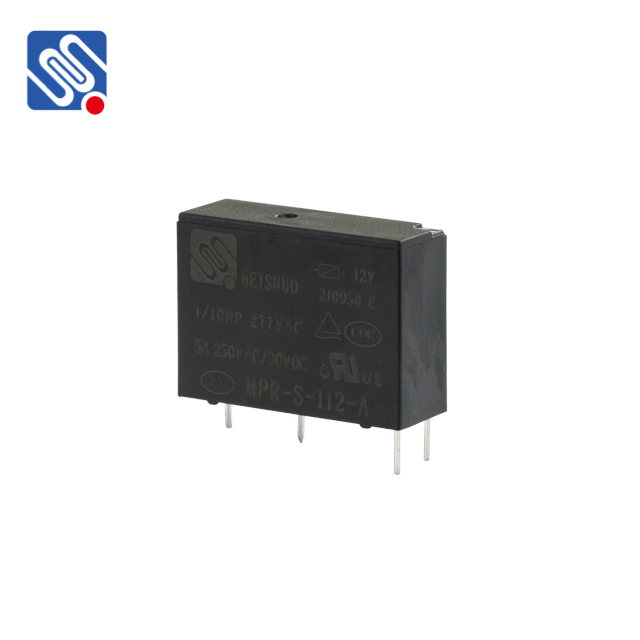relay stability: an essential aspect of power system protection
Release time:2025-03-26 23:13:48
Relay stability is a crucial concept in the field of power system protection. It refers to the ability of a relay to function effectively and consistently under various fault conditions, ensuring that it operates correctly and does not malfunction due to transient or abnormal conditions. The stability of a relay is vital for preventing unwanted trips, ensuring system reliability, and protecting equipment from damage. Among the various technologies that contribute to the stability of relays, Meishuo's innovative relay technology plays a significant role in improving the performance and stability of power systems.

What is Relay Stability? Relay stability refers to the operational consistency of a protective relay when exposed to different fault conditions. A relay is a device designed to detect faults in the electrical grid and isolate the affected part of the system by sending a trip signal to circuit breakers. However, in certain cases, a relay may be exposed to external influences such as transient faults, system disturbances, or noise that could trigger an unnecessary operation or trip. Relay stability ensures that the relay only activates during real faults and does not erroneously interrupt the system during harmless anomalies or disturbances.

